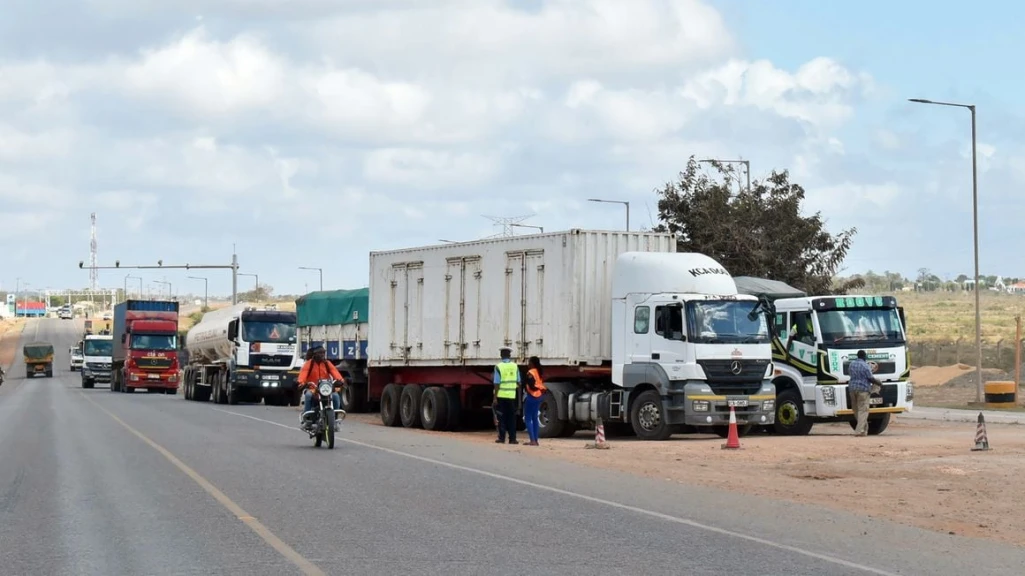
Countries backing the
Northern Corridor—a regional road connectivity project—are seeking to woo
Tanzania to allow cargo headed to Burundi, Rwanda, and the Democratic Republic
of Congo (DRC) to pass through its borders to shorten transit time and ease costs
in a bid to boost the attractiveness of the Mombasa port.
The Northern Corridor, a
network of 1,700 km long interconnected highways, starts from the port of
Mombasa and serves Kenya, Uganda, Rwanda, Burundi, and Eastern DRC.
A meeting of ministers
of transport from the six-member countries of the Northern Corridor last week
ordered the secretariat Northern Corridor Transit and Coordination Authority
(NCTTCA) to initiate talks with Tanzania over the proposal.
If successful, Northern
Corridor trucks that have traditionally had to take the longer route from
Mombasa through Uganda to Rwanda, Burundi, and the Democratic Republic of Congo
(DRC) will take the shorter way through Tanzania, cutting about 400 kilometres
of the travel distance.
The council of
ministers, chaired by Uganda’s Minister of Works and Transport Katumba Wamala,
said using the route, which passes through Taveta into Holili in Tanzania, will
“not only reduce costs of transit transport but also increase Mombasa Port
throughput.”
The route is currently
not being used by transporters because Tanzania, which is also seeking to boost
the throughput at the Dar es Salaam port and the Central Corridor, has not
geofenced it, preventing its use by cargo trucks destined for other countries.
The East African
Community (EAC) customs union requires that trucks ferrying imported
commodities be tracked using the Regional Electronic Cargo Tracking System
Currently, truckers that opt for the short Taveta-Holili route have to deposit
a “bond” for the cargo at the Mombasa port, submit it at the border, wait for
its cancellation, then institute another one for Tanzania, a process that
normally takes at least three days.
“That is why it is
important that the section from Holili be geofenced. There’s a section of about
21 kilometres that has not been geofenced,” said Omae Nyarandi, executive
secretary of NCTTCA.